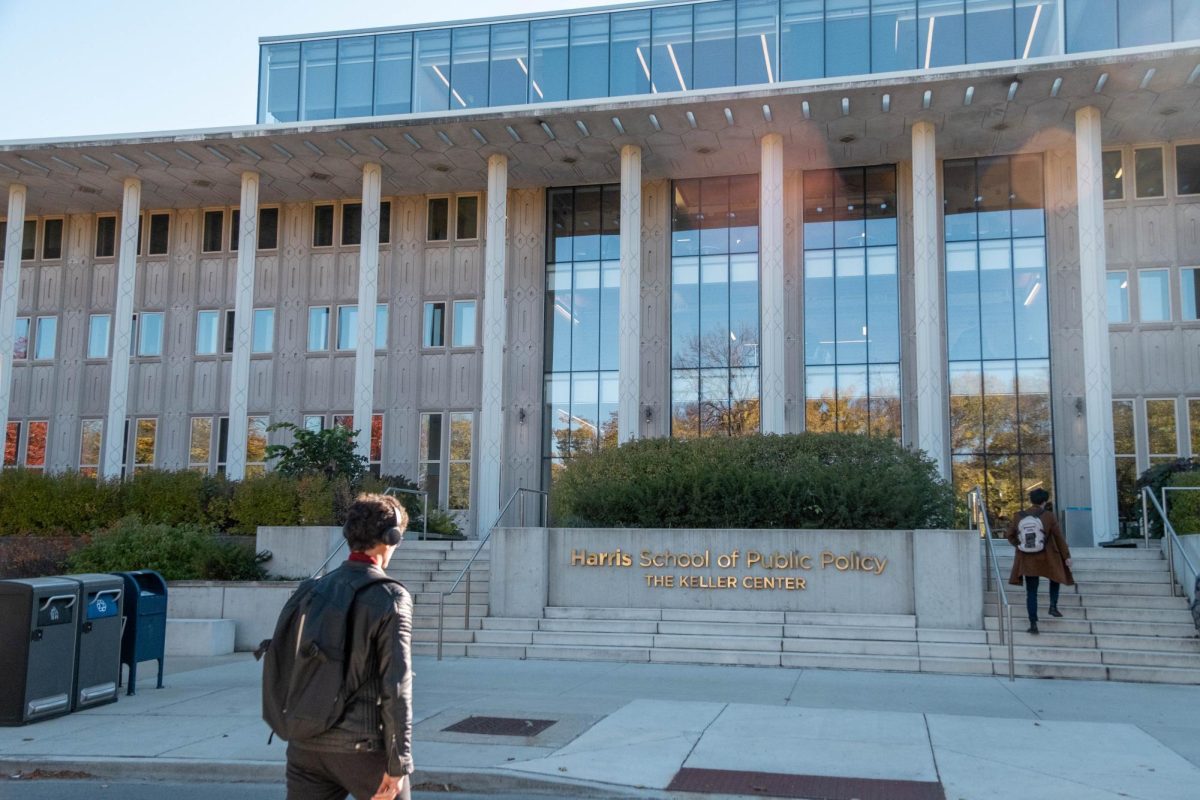Dr. Sjahrir, one of the candidates for the 2004 presidential elections in Indonesia, led a panel discussion last night in Hutchinson Commons about terrorism in Indonesia and its impact on the economy and electoral system. Sjahrir was joined by Jeffrey Winters, associate professor of political science at Northwestern University, and Dwight King, director of graduate studies in the political science department at Northern Illinois University.
The political future of Indonesia, in lieu of the recent bombings on Bali and other past terrorist activity, was the focus of the panel, which was sponsored by the Chicago Society, a newly founded student group that aims to promote interaction between Chicago students and influential academic and political figures.
All three speakers mentioned Indonesia’s troubled past of corruption, dictatorship, and economic downfall. Winters stressed the fact that while much progress has been made, Indonesia still has a long way to go.
“What we have today in Indonesia is a partly functioning parliament that does not really function because it has not for 32 years,” Winters said. “Stronger laws and a stronger government are needed to help Indonesia further.”
In light of the upcoming elections, King spoke mainly about the effect of terrorism on Indonesia’s electoral system. He warned that terrorist activity might divert the attention from needed political reformation.
King also spoke of the many positive changes that have recently been made in Indonesia to better facilitate democracy. “They’ve amended the constitution to reflect these changes, but a lot of laws still need to be passed before the 2004 elections to put it all into effect,” King said.
“I’m worried that terrorism might be a diversion. There are a whole bunch of implemented laws that are needed in order to put in place these changes,” he said.
Sjahrir, who focused on the future of Indonesia, was the last to speak. “Our dream to have a new Indonesia is not entirely impossible,” he said.
Although Sjahrir’s attitude concerning the future of Indonesia remains optimistic, he expressed concern about the effects of the recent bombing in Bali on October 12. “An Indonesia after the bombing is an Indonesia in disarray.”
“As a result of the bombings we have a problem of trust,” Sjahrir said, alluding to allegations that Indonesia may be linked to Al Qaeda.
Members of the Chicago Society are happy with the outcome. “This was a wonderful opportunity for the University of Chicago community to listen to one of the most dynamic and well-respected Indonesian politicians and two influential American scholars discuss one of the most pressing areas of global politics,” said Emma Eriksson, the event director for the Chicago Society.
“The insightful comments of the panelists were compelling and fascinating,” added Emily Weisslitz, senior vice president of the Chicago Society.
“I am glad Chicago Society was able to bring this critical discussion to our campus tonight.”
Students who attended the discussion seemed to be of the same accord. “This panel was a great opportunity to hear different perspectives on the recent socio-economic and political climate in Indonesia,” said Mandy Romfh, a third-year in the College.
Fourth-year in the College Emilee Lales was particularly struck by Sjahrir’s charisma.
“Dr. Sjahrir is a very engaging man. His sense of humor and his passion for Indonesia made the discussion very lively and interesting,” Lales said.
Sjahrir, who received his Ph.D. in Political Economy and Government from Harvard University, is the founder of his political party, the Partai Perhimpunan Indonesia Baru (PIB), a minority party with a platform that aims for economic recovery, justice and democracy, and stability for Indonesia.
He is currently in the United States visiting family. From Chicago, Sjahrir will travel to Boston to speak about Islam in Indonesia.








